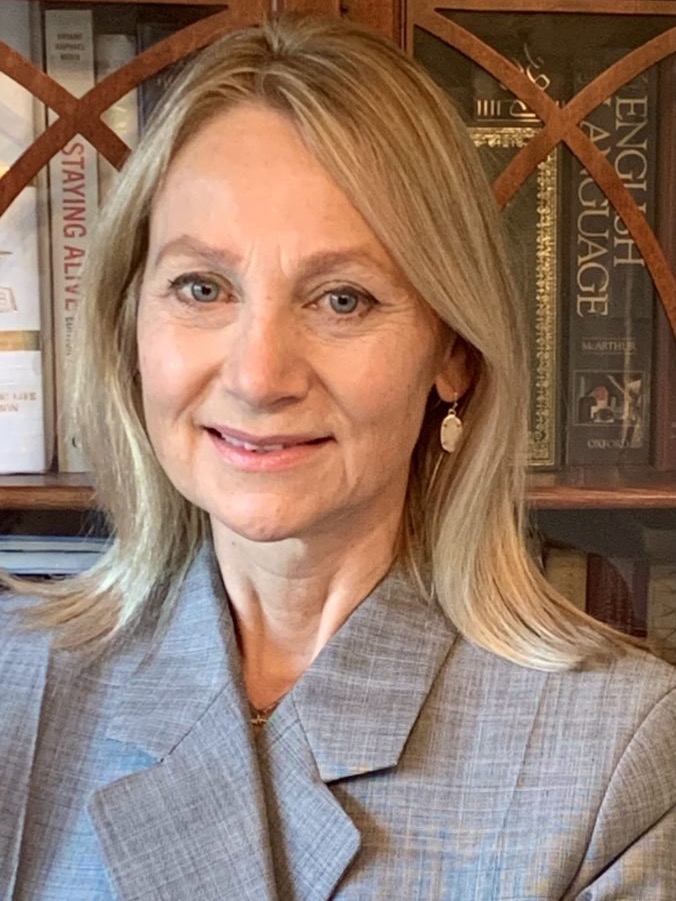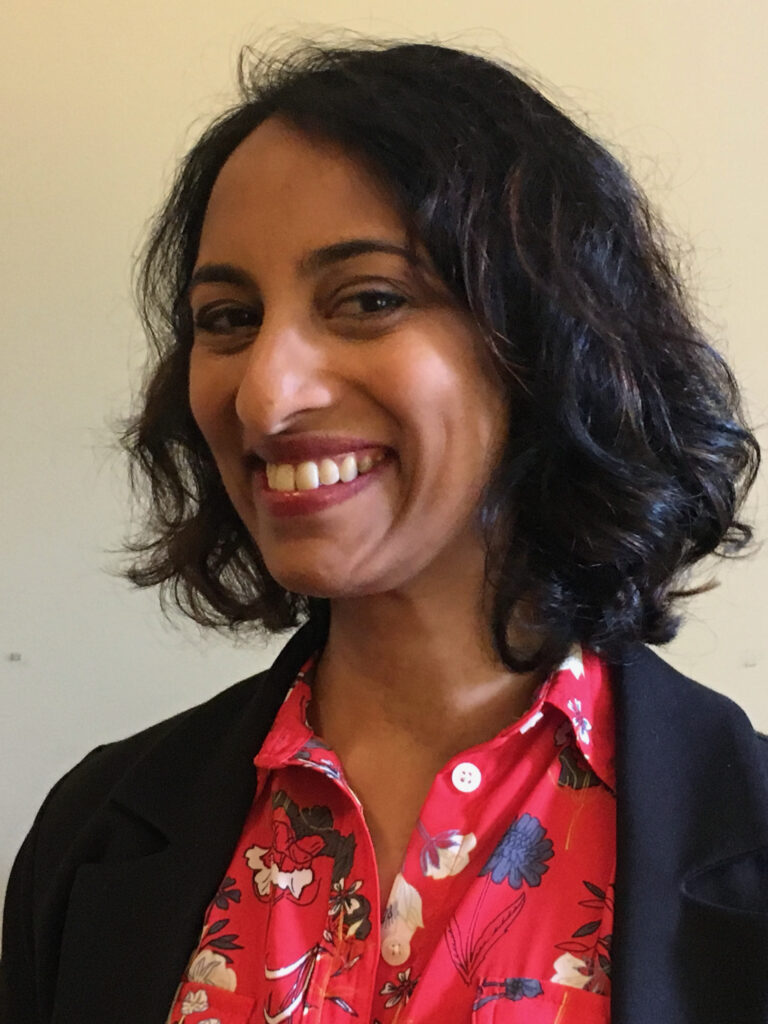Post
Published on May 26, 2023
Originally published by Yfile (4 May 2023).
Written by Corey Allen, senior manager, research communications
Seven projects led by York University researchers were awarded a combined $2.4 million from the New Frontiers in Research Fund (NFRF) in two of its funding streams: Exploration and Special Calls, announced at the end of April.
The NFRF: Exploration stream is a federal program that supports high-risk, high-reward interdisciplinary research. The Special Call stream in this latest funding round supports research for post-pandemic recovery.
The total combined funding for the York-led research projects is $2,433,295.
To learn more about the NFRF and the funded projects, read the announcement here: Government of Canada invests in high-risk, high-reward interdisciplinary research to support world-leading innovation – Canada.ca.
York-led projects in the Exploration stream ($962,079)
Rachel Gorman, Faculty of Health
Training an AI to detect medical bias and unmet health needs through critical race and disability theory and community-generated data
$241,424
Elizabeth Clare, Faculty of Science
The ethical challenge to non-invasive environmental e(DNA) technology
$222,519
Stephanie Ben-Ishai, Osgoode Hall Law School
The Debt Relief Project: Online and Low-Cost Access to Bankruptcy
$248,136
Zheng Hong Zhu, Lassonde School of Engineering
3D and 4D Laser Metal Additive Manufacturing in Zerogravity and Vacuum for Space Exploration
$250,000
York-led projects in Special Calls stream ($1,471,216)
Mary Wiktorowicz, Faculty of Health
Governance of One Health challenges: Fostering collaboration
$500,000
Jonathan Weiss, Faculty of Health
Mobilizing environments to improve psychological and physiological experiences of thriving in Autistic people
$484,172
Jeannie Samuel, Faculty of Liberal Arts & Professional Studies
Building equitable and resilient community-based emergency response strategies in rural Guatemala
$487,044
York University Associate Professor Claudia Chaufan will collaborate with a group of interdisciplinary researchers to investigate post-pandemic recovery and best practices for future global emergencies with a grant from the New Frontiers in Research Fund (NFRF).
The $500,000 award was announced as part of the Government of Canada’s NFRF’s 2022 Special Calls stream, which aims to support emerging research as needed.
Chaufan, from the Faculty of Health, is a co-principal investigator on an interdisciplinary team of six researchers from across Canada, along with: Claus Rinner, Toronto Metropolitan University (principal investigator); and co-investigators Candice Chow, McMasters University; J. Christian Rangel, University of Ottawa; Elaine Wiersma, Lakehead University; and Wang, Yiwen, University of Toronto. The project is led by Toronto Metropolitan University.
The project’s team consists of researchers from across the globe, including co-applicant Andrea Valente of York’s Faculty of Education, as well as Canadian experts in governance, healthcare, law, media and communications, and international collaborators from Jamaica, Western Europe, Israel, Kenya and Uganda who specialize in behavioural sciences, economics, epidemiology and philosophy.
The research aims to examine the social and economic inequities amplified by COVID-19 on an international scale. Together, the researchers will look at how social cohesion and inclusivity can be strengthened through community engagement in decision-making with respect to future emergencies. They will also explore how governments can improve communication and build trust with communities.
According to the research team, this research contributes to achieving four United Nations Sustainable Development Goals (UN SDGs): UN SDG 3 Good Health and Wellbeing, by assessing to what extent a holistic view of public health informed the pandemic response; UN SDG 10 Reduced Inequalities, by assessing the impact of pandemic responses on social and health equity; UN SDG 11 Sustainable Cities and Communities, by identifying vulnerable communities, even in high-income countries; and UN SDG 16 Peace, Justice and Strong Institutions, by examining to what extent the policy development process was transparent and able to ensure inclusivity and accountability.
The team’s research methods will include case studies, critical document analysis, discourse analysis and visualization, as well as oral histories and creative work to investigate operational consideration of the social determinants of health and value-based governance.
The project’s findings will help inform future policy on disaster management.
For more, visit https://www.sshrc-crsh.gc.ca/funding-financement/nfrf-fnfr/special/2022/award_recipients-titulaires_subvention-eng.aspx.
Originally published by Yfile (23 May 2023).
Themes | Global Health & Humanitarianism, Global Health Foresighting, Planetary Health |
Status | Active |
Related Work |
N/A
|
Updates |
N/A
|
People |
Mary E. Wiktorowicz, Interim Director - Active
Jeannie Samuel, Faculty Fellow, Faculty of Liberal Arts & Professional Studies - Active Claudia Chaufan, Faculty Fellow, Faculty of Health - Active |
You may also be interested in...
Applications Open for the Humanitarian Water Engineering Online Intensive Course Fall 2024
The Humanitarian Water Engineering Intensive Online Course is a comprehensive 12-week program beginning in September 2024 with a specialized focus on safe water supply in humanitarian emergencies. The course will cover topics such as water ...Read more about this Post
Call for Applications – 2022 Seed Grants for Critical Social Science Perspectives in Global Health Research
The Dahdaleh Institute for Global Health Research is accepting applications for the 2022 Seed Grants for Critical Social Science Perspectives in Global Health Research. Five seed grants worth up to $5,000 CAD each will be awarded ...Read more about this Post
Recap — Utilizing Academic Research to Support Real-Time Decision-Making in Health and Humanitarian Crises
On November 30th, Dr. Ahmad Firas Khalid delivered an interactive seminar about how the Canadian Red Cross makes decisions using scientific, real-time evidence amidst health and humanitarian crises. Twenty-six participants discussed the Red Cross' involvement ...Read more about this Post



